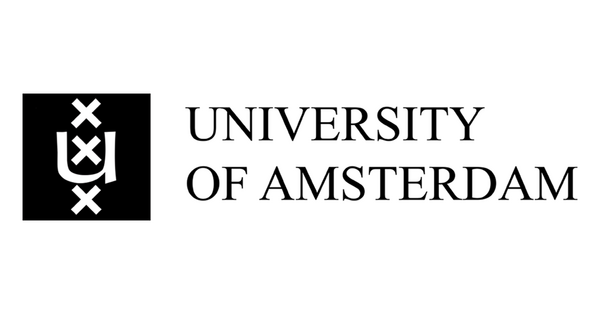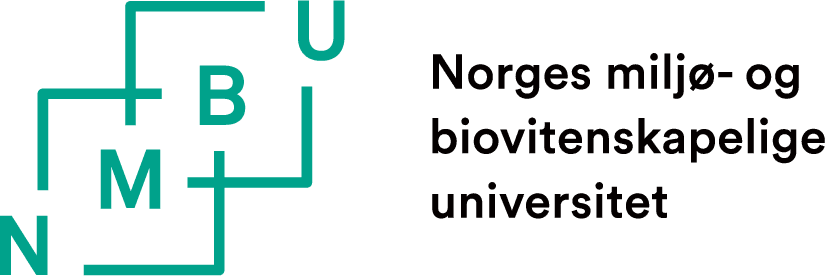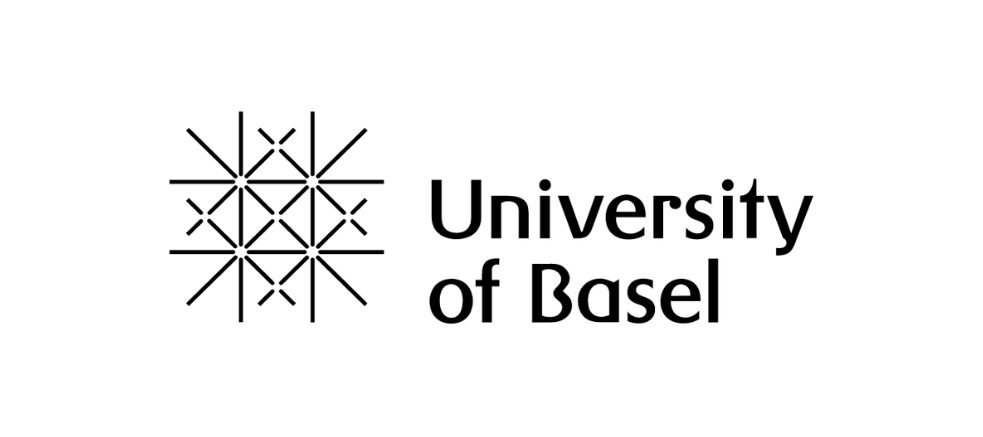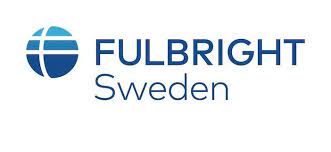Snabbfakta
-
- Amsterdam
- Heltid
- Rekrytering
Kategorier:
- Biologi
Titlar:
- Postdoktor
Ansök senast: 2024-11-24
Postdoctoral Researcher in Microbiome Spatial and Metabolic Adaptation to Dietary Interventions for
JOB DESCRIPTION
We are currently seeking a Postdoctoral Fellow to join a Public-Private Partnership (PPP) Project, CurboSupport, funded by the Dutch Research Foundation (NWO). The project aims to identify optimal combinations of carbohydrates and proteins that enhance the production of beneficial digestion and fermentation products within various segments of the intestine. These products are crucial for promoting metabolic health, bolstering immunity, and supporting brain health.
In recent years, there has been growing recognition of the vital role played by gut microbiota in producing metabolites essential for overall host health. This encompasses products vital for immune function, metabolic well-being, and, more recently discovered, brain health. Studies have revealed that gut microbes influence cognitive function and the brain's reward system, which regulates appetite, through the production of short-chain fatty acids and compounds like tryptophan-metabolites.
However, it's understood that different segments of the intestine have distinct requirements. Therefore, the overall goal of the project is to identify strategies that stimulate the production of beneficial microbial metabolites in various parts of the large intestine to promote metabolic and brain health, while simultaneously enhancing immunity in the small intestine using specific dietary fibers or combinations thereof.
Achieving this will necessitate a deep understanding of microbial metabolic processes and their spatial adaptation to different protein and carbohydrate combinations, which constitutes the primary focus of this vacancy. Ultimately, this research will enable us to predict which combinations are most beneficial for the host. The position will be situated within the group "Microbiome Engineering” which recently transitioned from the university of Groningen to the University of Amsterdam. The group's mission is to explore the role of the microbiome in human health. Working alongside a team of microbiologists, molecular biologists, biochemists, and neurobiologists, you will play a key role in establishing connections between microbiome adaptation in the gut environment, human health, in particular, gut-brain axis, and the development of diseases such as Parkinson's disease.
The chair resides in the Microbiology Theme which is part of the Swammerdam Institute for Life Sciences in the Faculty of Science at the University of Amsterdam. In the theme the study of the Microbiome is a main area of interest where system biologists, microbial physiology experts and eukaryotic cell biologists cooperate.
What are you going to do?
Within the CarboSupport team, other consortium members have successfully tested and identified combinations of dietary fiber and/or protein that fulfil two key criteria: (i) stimulating the in vitro production of beneficial fermentation products from microbiota sourced from porcine, humans across different age groups, and adult overweight prediabetic individuals, and (ii) supporting the gastrointestinal immune barrier, whether in the form of unfermented or fermented molecules.
Your role will involve unravelling the mechanisms through which individual microbes adapt metabolically and spatially to these specific combinations of dietary fiber and/or protein. This task entails designing synthetic microbial communities and investigating their metabolic activities, as well as their spatial dynamics and competitive interactions. Subsequently, either by you or through collaboration, experimental data and existing literature will be conducted, in conjunction with state-of-the-art proprietary tools, to construct predictive models. These models will identify which combinations of target dietary fibers are likely to stimulate beneficial microbial metabolic and spatial interactions. Ultimately, this understanding will facilitate the enhancement of both small and large intestinal health processes by modulating gut fermentation pathways.
Experience and profile:
You have/are
- a recent Ph.D. in a relevant field such as microbiology, molecular biology, biochemistry, biotechnology,
or a related discipline with one or more impactful publication(s) as first author in a peer-reviewed scientific journal;
- significant experience in microbiome research, microbial ecology. Previous experience with in vitro fermentation studies,
microbial community analysis, analytical chemistry and imaging would be advantageous.
- proficiency in molecular biology, microbiological assays, anaerobic culturing, and bioinformatics;
- (affinity to acquire) experience in bacterial physiology and computation modeling;
- an ambitious person that is a team player with an open character, who can take ownership of the research project;
- fluency in English, both written and spoken.
Our selection will be based on your scientific track record, your vision on this research project, and your ambition and skills.
Our offer
A temporary contract for 38 hours a week, preferably starting on 1 September 2024, for the duration of 24 months, with a probation period of two months.
The salary, depending on relevant experience before the beginning of the employment contract, will be between €3.226 and €5.090 gross per month, based on a fulltime contract (38 hours a week). This is exclusive 8% holiday allowance and 8.3% end-of-year bonus. A favourable tax agreement, the ‘30% ruling’, may apply to non-Dutch applicants. The Collective Labour Agreement of Dutch Universities is applicable.
Are you curious about our extensive package of secondary employment benefits like our excellent opportunities for study and development? Take a look here.
About the Faculty of Science and the Swammerdam Institute for Life Sciences
The Faculty of Science has a student body of around 7,000, as well as 1,600 members of staff working in education, research or support services. Researchers and students at the Faculty of Science are fascinated by every aspect of how the world works, be it elementary particles, the birth of the universe or the functioning of the brain.
The Swammerdam Institute for Life Sciences (SILS) is located at the vibrant Amsterdam Science Park. SILS is one of eight institutes of the University of Amsterdam's Faculty of Science (FNWI). With around 240 employees, SILS carries out internationally high-quality life science research and provides education within various university programs. Research is also carried out in close cooperation with the medical, biotech, chemical, flavor, food & agricultural, and high-tech industries, and revolves around 4 main themes, Cell & Systems biology, Neurosciences, Microbiology and Green Life Sciences.
Questions?
Do you have questions about this vacancy? Or do you want to know more about our organisation? Please contact: Prof. dr. Sahar El Aidy, email s.elaidy@uva.nl
Application
Do you recognize yourself in the job profile? Then we look forward to receiving your application by 16 June 2024. You can apply online by using the link below.
Applications in .pdf should include:
- a motivation letter and CV, including a list of publications and grades for your MSc thesis projects;
- contact details of 2-3 academic referees.
Please mention the months (not just years) in your CV when referring to your education and work experience.
A knowledge security check can be part of the selection procedure.
(for details: National knowledge security guidelines)
"The UvA is an equal-opportunity employer. We prioritize diversity and are committed to creating an inclusive environment for everyone. We value a spirit of enquiry and perseverance, provide the space to keep asking questions, and promote a culture of curiosity and creativity."



